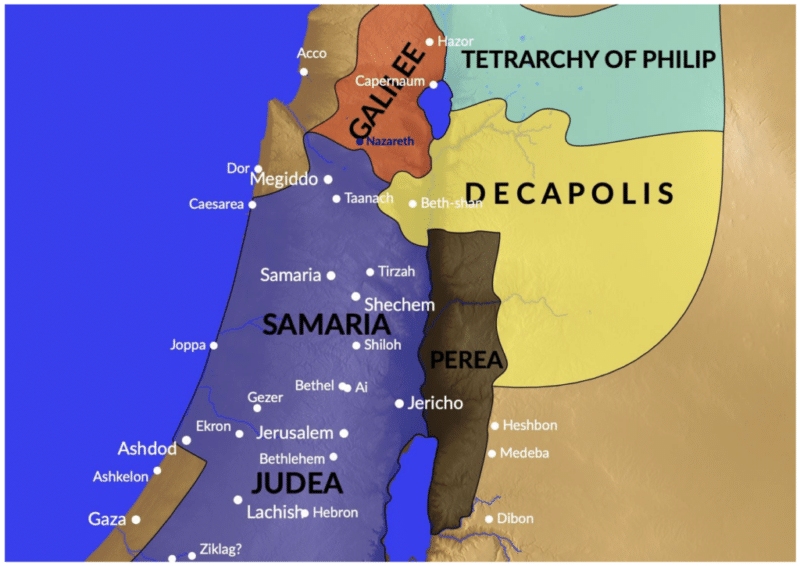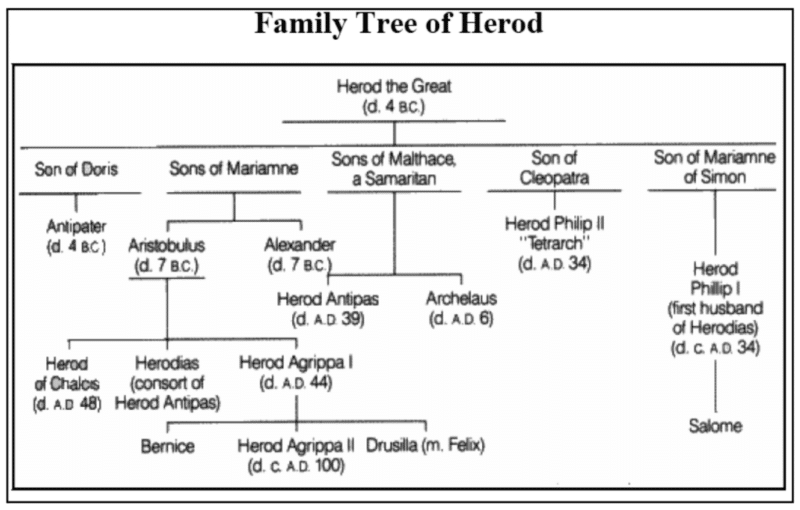August 28, 2022
Matthew 13:53-14:14
Jesus’ response to rejection, grief and need
Have you ever wondered if God knows about what you’re going through? Does God understand what it’s like to live in this world – more precisely, in your world? When life’s worst experiences include things like agonizing rejection, the smothering grief of loss, and the crushing weight of relentless need all around us, does the God of the Bible really understand those kinds of things? And what has God done about those things?
Matthew is all about King Jesus and His in-breaking kingdom of heaven. Chapter 14 is a pivot point in the narrative as Jesus moves from illustrating the kingdom of heaven by teaching in parables, to actually living within the broken, darkness-loving kingdom of this world.
Join Pastor Jim as he points out the gospel hope we find in Jesus, as He faithfully continued walking the road to the cross and the resurrection.



